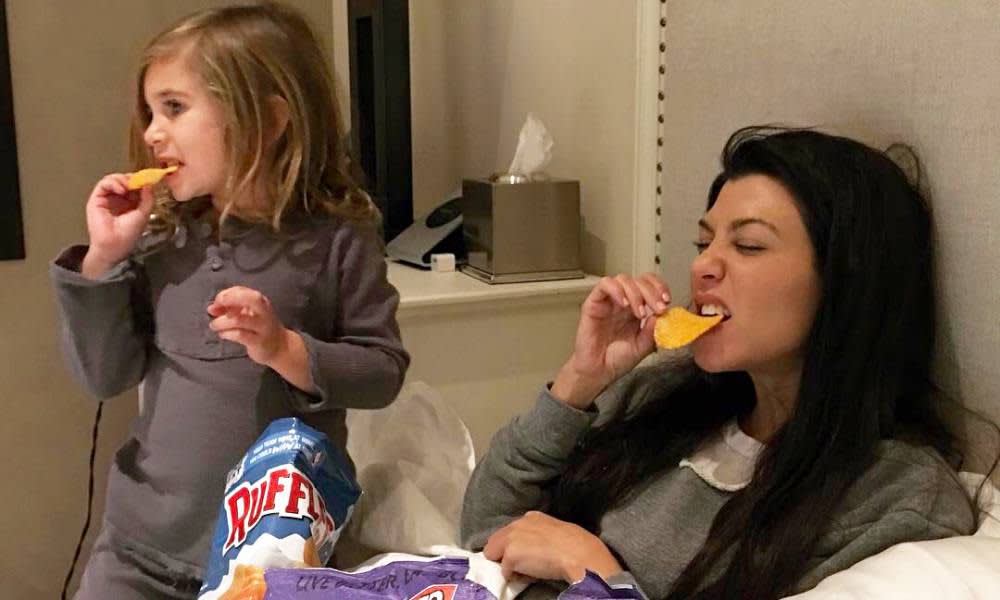Eating late at night is a big problem for anyone trying to lose weight.
Any meal after 8pm means the bulk of your calories are consumed during the night when you tend to be more inactive as you socialise, relax or sit in front of the television. This often leads to gradual weight gain, especially if your late-night meal options are quick.
The human body is programmed according to a 24-hour circadian rhythm, so in order to keep your metabolism at its best (i.e. burning the most calories), you need to eat most of your calories during the day and then have 10-12 hours without food overnight.
When it comes to dinner, this means you should try to consume your last meal of the day before 8pm at the latest.
If you can’t, here are some tips to help you make better choices for dinner after a very long day.
Swap your mealtimes
If you often find yourself eating dinner after 8pm, it may be worth swapping your evening meal to lunchtime and then enjoying a lighter “lunch-style” dinner in the evening.
Avoid high-calorie takeaway meals
There is a big difference between a high-fat curry from your local Thai restaurant and stir-fried vegetables.
Remember, any meal you buy away from home will contain at least 200-300 calories more than the same meal you’d prepare at home, thanks to the extra oils, sauces and condiments.
Know your best quick options
There’s nothing worse than arriving home hungry and having no decent meal options on hand.
To avoid this, make an effort to prepare a soup, stir-fry or baked vegetable dish that you can keep in the fridge or freezer for a quick yet healthy late-night meal.
Keep frozen meals on hand
We know fresh is always best, but there are a number of frozen meals that are quite sound nutritionally and allow for a healthy, filling meal to be heated up in no time.
Frozen salmon fillets, chicken breasts and vegetables can be put in the oven and ready in less than the time it takes to shower.
And they’ll contain 200-300 fewer calories fewer than most takeaway food options.
Think protein and salad or veg
The later you eat your final meal of the day, the lighter it needs to be.
Heavy, carbohydrate-rich meals late at night will give you a high intake of calories at night when you’re storing fat, which can lead to weight gain.
It can also mean you won’t wake up hungry for breakfast the next day. For this reason, aim for a lighter option for late-night meals like a small piece of fish or eggs served with salad or vegetables.

